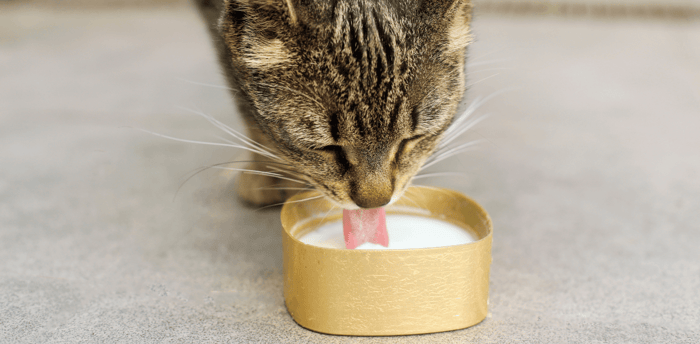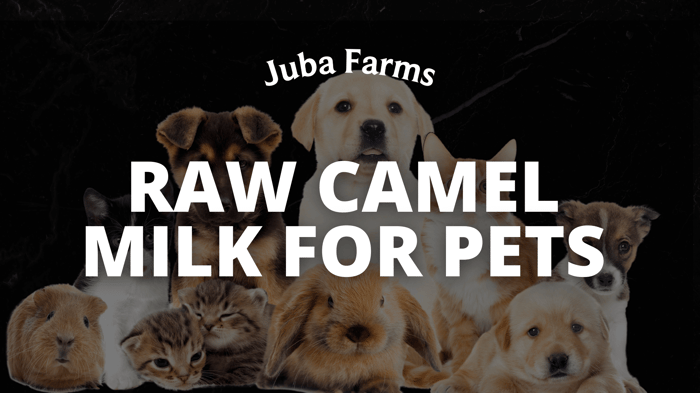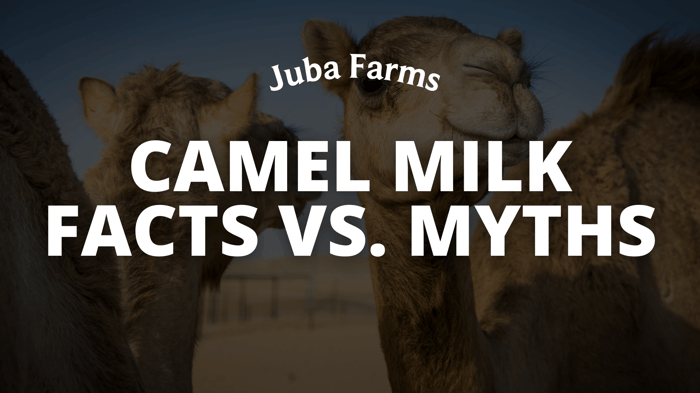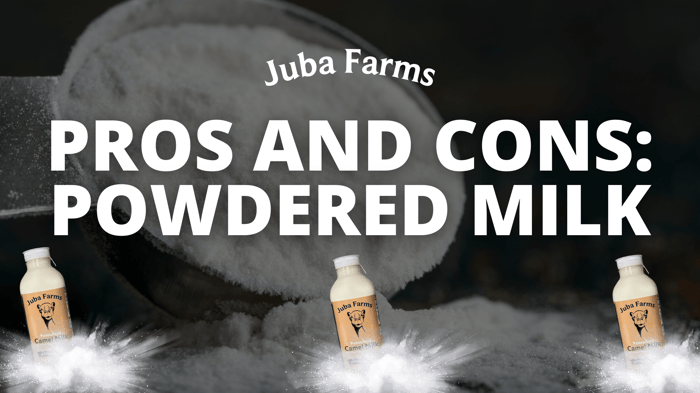Table of Contents
I’ve always considered my pets part of the family, and like any pet parent, I want the best for them—especially when it comes to nutrition. That’s how I stumbled upon something a bit unconventional: raw camel milk for pets.
At first, I thought, “Camel milk? Really?” But the more I looked into it, the more I discovered its growing popularity as a supplemental option for dogs and cats. Today, I’m sharing what I’ve learned about the potential benefits of raw camel milk for pets and how to introduce it safely into their diet.

Is Camel Milk Safe for Pets?
Yes, in moderation and when introduced properly, raw camel milk for pets is generally safe. Like any new food, it’s best to consult your vet before making dietary changes, especially if your pet has existing health issues.
Camel milk is free from A1 casein and beta-lactoglobulin, proteins that commonly cause allergic reactions in pets. It’s also lower in lactose than cow’s milk, which makes it easier on sensitive stomachs.
Nutritional Profile of Camel Milk
Raw camel milk is naturally nutrient-rich. Here’s what it typically contains:
Calorie Content: 437 kcal/kg or approximately 6 kcal per tablespoon.
Crude Protein: Minimum 3%
Crude Fat: Minimum 3%
Crude Fiber: Maximum 1%
Moisture: Maximum 90%
These values make it a well-rounded supplemental feeding option to support a pet’s overall diet. It’s important to note that camel milk should not be used as a complete meal replacement.
Feeding Guidelines
Raw camel milk for pets is intended for intermittent or supplemental feeding only. Below are suggested serving sizes based on your pet’s weight:
| Weight Range | Suggested Daily Serving |
|---|---|
| 0–20 lbs | 2 oz (4 tablespoons) |
| 21–50 lbs | 4 oz (8 tablespoons) |
| 51+ lbs | 6 oz (12 tablespoons) |
Tips for Feeding:
Always introduce gradually over 5–7 days.
Serve as-is or mix into wet or dry food.
Use within a few days of opening and store refrigerated.
For long-term storage, consider freezing small portions in ice cube trays.
When to Avoid Camel Milk
While camel milk is generally safe, there are a few scenarios where caution is advised:
If your pet has a known dairy allergy.
If your pet is currently on medication (always consult your vet).
If your pet has a sensitive stomach, introduce the milk more slowly and monitor their response.
Choosing the Right Product
To ensure your pet receives the best quality, look for:
100% pure, raw camel milk with nothing added or removed
Sourced from reputable farms with ethical animal care practices
Brands like Juba Farms specialize in camel milk products made for pet use, offering raw camel milk only.
Important Notice
Raw camel milk for pets is not intended to diagnose, treat, cure, or prevent any disease. It is not a substitute for a balanced diet or veterinary care. Always consult your veterinarian before introducing new supplements.
About Juba Farms
At Juba Farms, we are passionate about making high-quality camel milk accessible and transparent. We proudly offer two distinct types of camel milk, tailored for both human and pet consumption:
Lightly Pasteurized Camel Milk for Humans
Our camel milk for human consumption is lightly pasteurized at 161°F for 16 seconds to meet FDA safety standards. This method is known as High-Temperature Short Time (HTST) pasteurization, which preserves the milk's nutritional integrity while ensuring safety. With nothing added and nothing removed, it's a clean, natural choice for those seeking a nutrient-rich dairy alternative.
Raw Camel Milk for Pets (Cats and Dogs Only)
We also offer 100% raw camel milk for pets—cats and dogs only. This product is not pasteurized and should be used solely as a supplemental addition to your pet’s diet. It is not intended for complete nutrition or as a treatment for any condition.
Whether you’re seeking camel milk for yourself or your four-legged companions, Juba Farms stands behind its commitment to quality, purity, and ethical sourcing.
Storing and Handling Raw Camel Milk
Proper storage and handling of raw camel milk are essential to ensure your pet receives a fresh and safe product. Because this milk is unpasteurized, it is more sensitive to time and temperature.
Storage Tips:
Keep raw camel milk refrigerated at all times (below 40°F).
Use within 5–7 days of opening for best quality.
Store in a clean, airtight container to prevent contamination.
Freezing:
If you don’t plan to use the milk right away, freeze it in small portions such as ice cube trays.
Thaw only what you need and avoid refreezing.
Gently shake or stir before serving, as natural separation may occur.
Handling raw dairy properly helps maintain its integrity and safety as a supplemental product.
Frequently Asked Questions (FAQs)
1. Can I give raw camel milk to puppies or kittens?
Raw camel milk is generally best suited for adult pets. If you’re considering adding it to a puppy or kitten’s diet, consult your veterinarian first to ensure it aligns with their growth and nutritional needs.
2. How often should I give my pet camel milk?
Camel milk should be used as a supplemental treat, not a daily staple. Depending on your pet’s size and sensitivity, 2–3 times a week may be sufficient.
3. What should I do if my pet doesn't like the taste?
Try mixing camel milk into wet food or blending it with a favorite treat. You can also serve it cold or at room temperature—some pets are picky about temperature.
4. Is camel milk safe for pregnant or nursing pets?
Always consult your veterinarian before adding anything new to a pregnant or nursing pet’s diet. While camel milk is gentle, individual needs may vary.
5. Can camel milk be used with other supplements?
In most cases, yes—but check for overlapping ingredients or allergens. It’s always wise to stagger the introduction of new products to monitor tolerance.
Final Thoughts
Raw camel milk is a nutritious and natural option to consider for supplemental feeding. While it’s not a complete meal or a medical treatment, it can be a thoughtful addition to your pet’s routine when used responsibly. Focus on proper portioning, quality sourcing, and regular check-ins with your vet.
Want to give it a try? Click below to explore raw camel milk products for pets.








